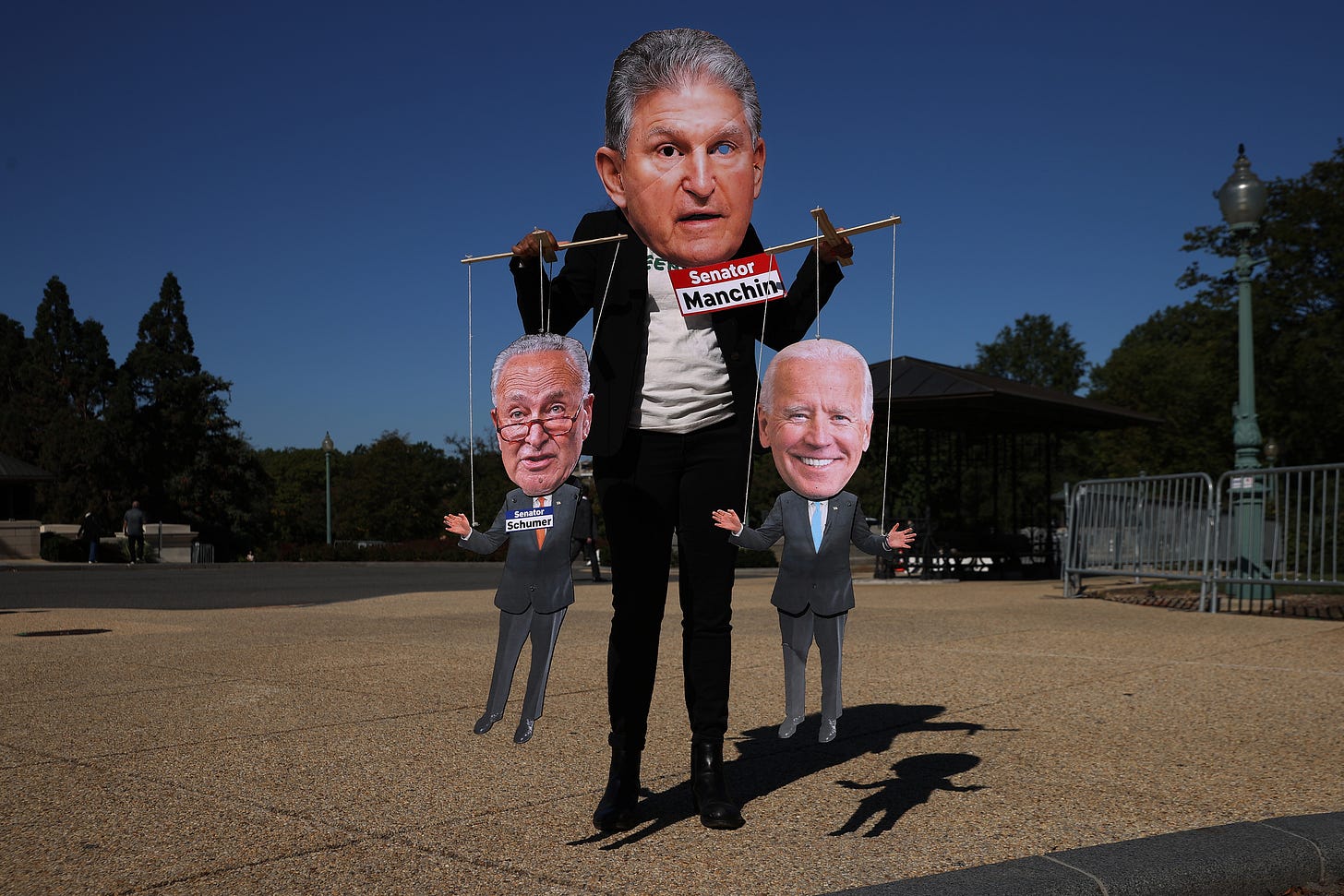How Joe Manchin controls the climate
The fossil fuel loyalist is supported by more than just oil money.

Senator Joe Manchin calls climate change a “massive” and “real” problem that poses “a serious threat to our citizens, to our economy, to our environment, to our national security and to ou…


